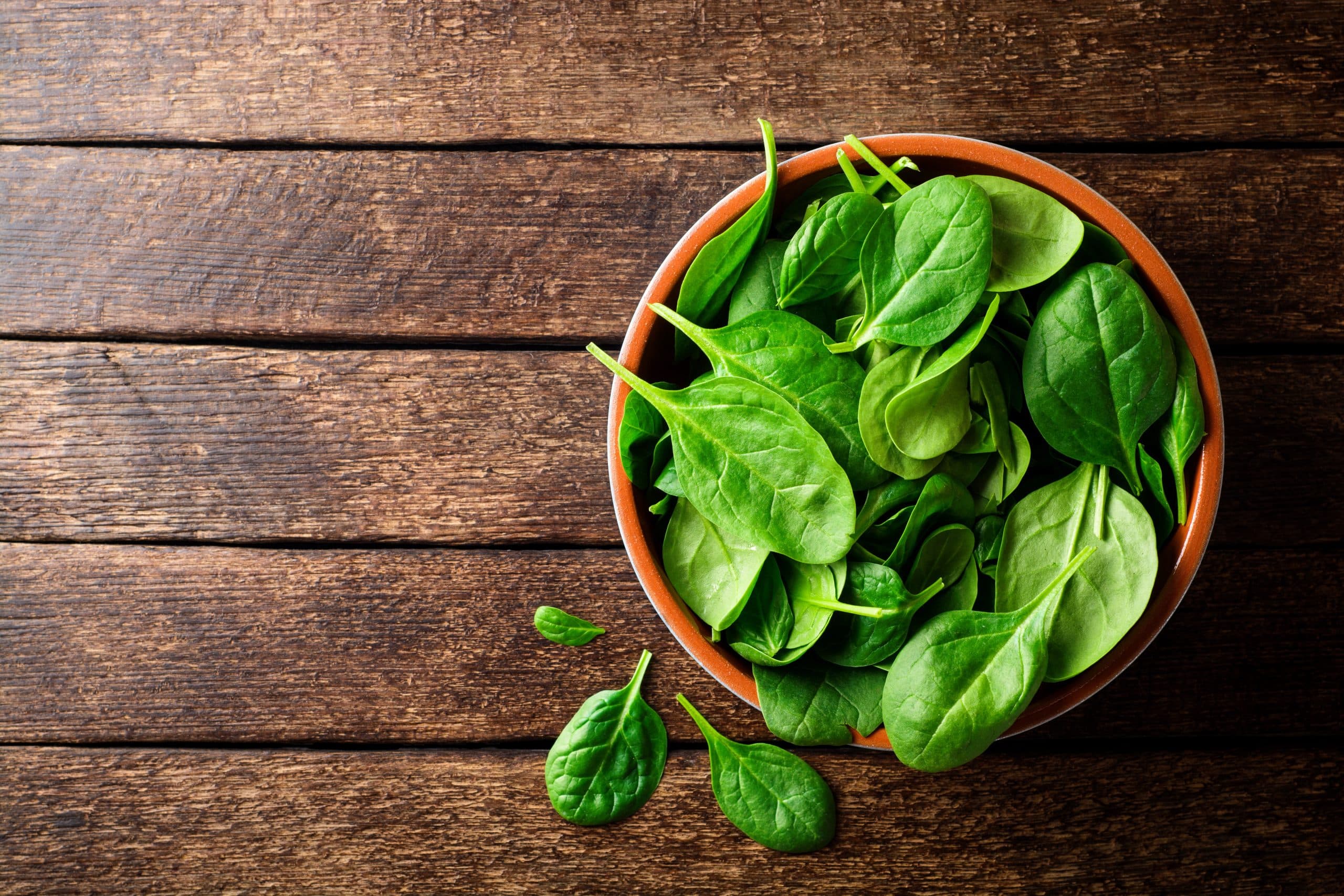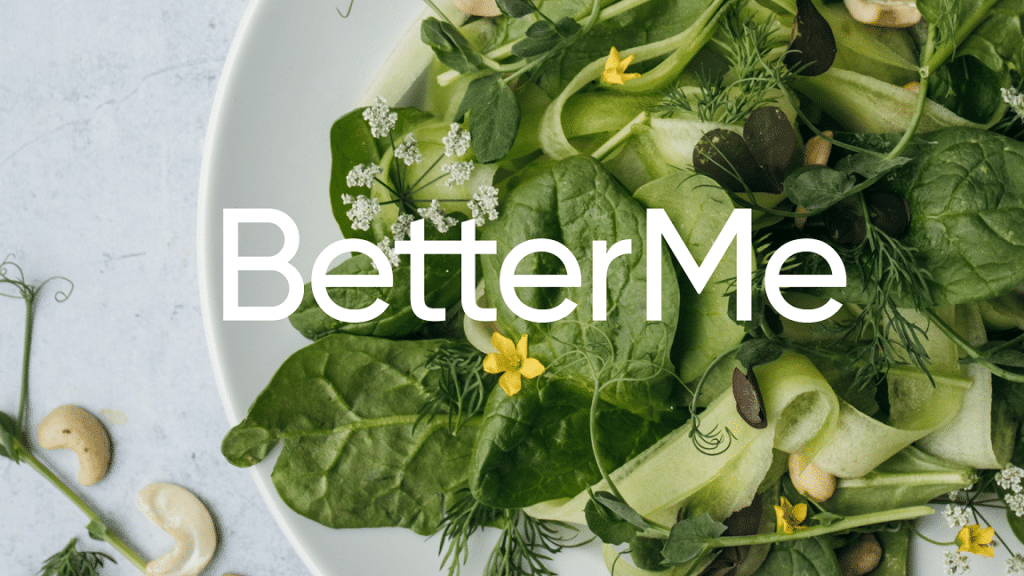Why Are Some Foods Better For Weight Loss Than Others?
Oh, how wonderful would it be if everyone could lose weight while eating their favorite food! Unfortunately, that is not always possible. Some foods are better for weight loss, while others will only make you put on pounds. But why is that so? If the basis of any weight loss is to burn more calories than you consume (10), then why can’t some people eat only junk food in small amounts and lose weight?
Get your personalized
meal plan!
Of course, if you will eat only three small servings of French fries a day, you will perhaps shed a couple of pounds, however, that result will be unsustainable and unhealthy. In such a way you will not only increase the risk of cardiovascular disease and diabetes but could also end up with multiple nutrient deficiencies, which in turn leads to other serious health problems. That is why, if you want to healthily slim down a couple of sizes, you need to stick to a healthy diet, which includes nutrient-rich foods and decrease the intake of unhealthy components, such as saturated fats, sugar, and salt (3). However, even among healthy foods, some are better for weight loss than others. Let’s take for example one of the most popular leafy greens – spinach. Is spinach good for weight loss? Read on to find out!
Nutritional Value Of Spinach
Before answering the question, “Is spinach good for weight loss?”, first you need to know what the nutritional value of spinach is. Let’s take a look at the contents of one cup (30g) of raw spinach (7):
- Calories: 6.9
- Protein: 0.85 g
- Fats: 0.11 g
- Carbohydrates: 1.09 g
Read More: Slow Weight Loss: Explaining Why Slow And Steady Really Does Win The Race
As you can see, this popular leafy green is quite low in calories, and, as for a vegetable, relatively rich in protein. But that is not all there is to spinach, as its main advantage is the micronutrient contents. The same amount of spinach contains the following vitamins and minerals (7):
- Vitamin A: 141 mcg RAE (as beta carotene)
- Vitamin C: 8.43 mg
- Vitamin K: 145 mcg
- Folate: 58.2 mcg
- Calcium: 29.7 mg
- Potassium: 167 mg
- Magnesium: 23.7 mg
- Phosphorus: 14.7 mg
- Iron: 0.8 mg
It also contains smaller amounts of vitamin E and B6, riboflavin, thiamin, niacin, manganese, zinc, and others.
Is Spinach Good For Weight Loss?
Now, to the main question of this article, “Is spinach good for weight loss?” The answer to that question is a solid yes! It is in fact one of the best options on any weight loss diet. Spinach is low in calories, very low in fats, and out of the 1.09 g of carbs, 0.66 g is fiber, which is known to be a weight-loss-friendly component. That means spinach can be consumed while you follow a low-carb diet, like Keto, low-fat diet, vegetarian and vegan diets, and many others.
Besides that, spinach is packed with micronutrients, which makes it a natural vitamin and mineral powerhouse. It is the best option for restrictive diets, as it doesn’t significantly add to your daily caloric intake while making sure that you won’t fall victim to nutrient deficiencies. So, spinach ensures that you shed pounds in a bit healthier way, without wreaking havoc on your body.
You already know that raw spinach is good for weight loss, but what about spinach dishes? The answer to such questions as, “Is spinach pasta good for weight loss?”, “Is spinach salad good for weight loss?”, or “ Is spinach stew good for weight loss?” is yes, but only if they are consumed in moderation and included with other weight loss-friendly ingredients. No matter how good spinach is it won’t miraculously turn chicken nuggets or ice-cream into a healthy weight loss meal. That is why you should also make sure that you follow a well-balanced diet that includes healthy foods and reduce the consumption of unhealthy ones.
Spinach Health Benefits
Now that you know the answer to the question “Why is spinach good for weight loss?”, it is time to find out what other benefits spinach can offer you. And there are quite a lot! Here are some of the main possible spinach health benefits (5):
-
Lowers Blood Pressure
High potassium content makes spinach a great dietary option for people with high blood pressure. This nutrient helps reduce the effects of sodium, and low potassium intake carries a risk for developing high blood pressure.
-
Helps In Diabetes Management
Alpha-lipoic acid, found in spinach, is an antioxidant that can increase insulin sensitivity, decrease glucose levels, prevent oxidative and stress-induced changes in people who suffer from diabetes. Studies have also shown that alpha-lipoic acid may decrease peripheral neuropathy and autonomic neuropathy in patients with diabetes (1). However, it is unclear if oral supplementation of this antioxidant will provide the same benefits as the intravenous preparations used in most studies.
BetterMe app will kick you out of the mental funk, shake off your extra weight, rid you off you energy-zapping habits, and help you sculpt the body of your dreams. Intrigued? Hurry up and change your life for the better!
-
Improves Skin And Hair Health
Vitamin A, which is abundant in spinach, moderates the production of oil by your skin and hair follicles. Excess in that oil may cause acne, and lack of it equals a lack of moisturization. This micronutrient is also essential for the growth of body tissues, including skin and hair.
Another vitamin that is found in spinach, and promotes healthy skin and hair, is vitamin C. It plays a significant role in the production and maintenance of collagen, which provides structure to skin and hair.
Spinach also contains iron, adequate consumption of which may prevent hair loss.
-
Reduces The Risk Of Asthma
Research shows that certain dietary components, including beta-carotene, which is found in spinach, may reduce the risk of asthma in children (6).
-
Promotes Healthy Digestion
Spinach is rich in fiber and water, both of which prevent constipation and add to healthy digestion.
-
Improves Bone Health
Spinach is very rich in vitamin K, which is important for good health, because it improves calcium absorption, acts as a modifier of bone matrix proteins, and may reduce the amount of calcium that leaves the body in the urine (9). This leafy green is also rich in calcium itself, which only adds to bone health.
FAQs
-
Is It Ok To Eat Spinach Every Day?
It is ok and even good to eat spinach every day as long as you consume it in moderate amounts. Too much is always bad, and the same goes even for the healthiest foods out there. As spinach is rich in nutrients, overconsumption of this leafy green, although not common, may lead to a vitamin and mineral overdose, which is accompanied by various unpleasant symptoms including nausea, diarrhea, and stomach cramps in a case with vitamin C or zinc, and hair loss, fatigue, mild nerve damage, and gastrointestinal upset in the case with selenium (4). It is unlikely to over-consume most nutrients if you are just eating foods, but it can happen if you are taking supplements. That is why always track your nutrient intake and make sure that it doesn’t surpass the tolerable upper limit (TUL), especially if you are taking any vitamin and mineral supplements.
To find out what is the maximum amount of spinach that you can consume while taking supplements, please contact your doctor.
-
Does Spinach Have Protein?
Yes, furthermore, 50% of calories in spinach come from protein (8). One cup of raw spinach (30 g) contains 0.85 g of protein, a 100 g (3.5 oz) serving of raw spinach contains 2.86 g of protein, and a 10-ounce package (284 g) of that leafy green offers 8.12 g of protein (7).
-
Does Spinach Have Calcium?
Yes, spinach is a great plant source of calcium, that is why it is an inseparable part of a vegan diet. One cup of raw spinach (30 g) contains 29.7 mg of calcium, a 100 g (3.5 oz) serving of raw spinach contains 99 mg of calcium, and a 10-ounce package (284 g) of this leafy green offers 281 mg of calcium (7). The (RDA) of calcium for men and women aged 19-50 is 1000 mg, and the daily upper limit is 2500 mg (2), so one 10-ounce package of spinach provides an average adult with a bit more than a quarter of the required daily amount of calcium.
Conclusion
Leafy greens are widely known as some of the healthiest foods, and there is a good reason for it. Spinach, which is one of the most popular leafy greens, is filled to the brim with essential vitamins and minerals while being low in calories, which makes it one of the best options for a calorie-restrictive diet. It can also offer you numerous health benefits, including diabetes management, asthma prevention, improved bone, skin and hair health, healthy digestion, and lower blood pressure. You can consume this leafy green daily, however, make sure that you don’t overeat it and be careful if you take any vitamin or mineral supplements. To avoid any possible unwanted side effects, please consult with your doctor before making any changes to your diet.
DISCLAIMER:
This article is intended for general informational purposes only and does not address individual circumstances. It is not a substitute for professional advice or help and should not be relied on to make decisions of any kind. Any action you take upon the information presented in this article is strictly at your own risk and responsibility!
SOURCES:
- Alpha lipoic acid and glycaemic control in diabetic neuropathies at type 2 diabetes treatment (2013, pubmed.ncbi.nlm.nih.gov)
- Calcium and calcium supplements: Achieving the right balance (2018, mayoclinic.org)
- Eat well (2019, nhs.uk)
- Getting Too Much of Vitamins And Minerals (2014, webmd.com)
- Health benefits and nutritional value of spinach (2018, medicalnewstoday.com)
- Serum vitamin A and beta-carotene levels in children with asthma (2009, pubmed.ncbi.nlm.nih.gov)
- Spinach, raw (2019, ndb.nal.usda.gov)
- The 10 best vegetables for protein (2020, medicalnewstoday.com)
- Vitamin K and bone (2017, ncbi.nlm.nih.gov)
- Weight-loss basics (2019, mayoclinic.org)












